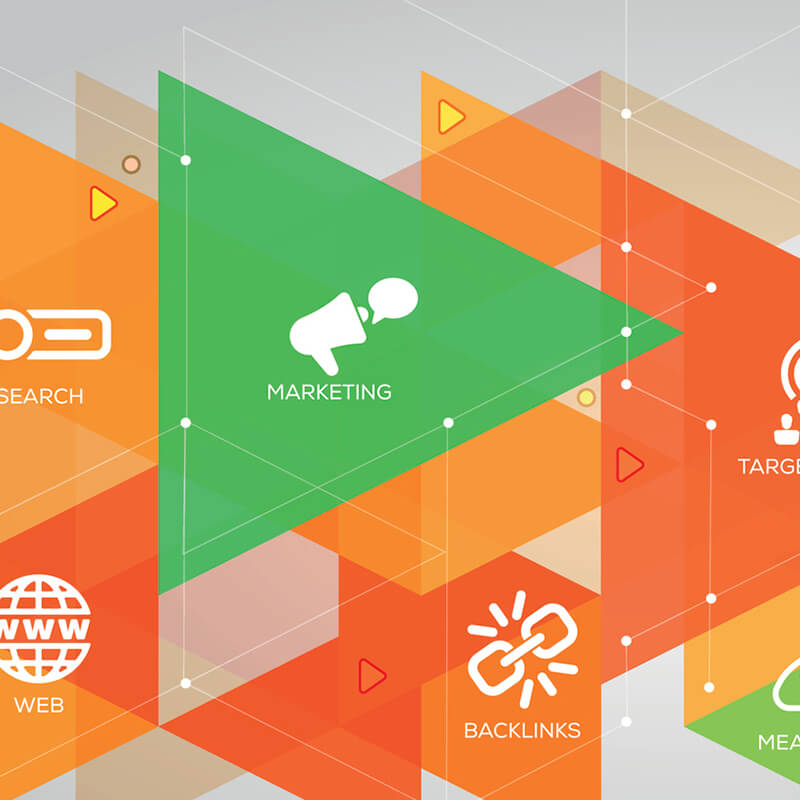If you need any proof that advertising works, look at how much politicians are willing to spend on it. Every election year sees hundreds of millions of dollars spent on TV and radio by campaigns.
That’s good news for radio and television stations. But it makes things a little more complicated for other businesses that also count on advertising to help generate leads.
Why? Because federal candidates have some special advantages when it comes to buying TV and radio time. The Communications Act of 1934 gives presidential, house and senate candidates three “rights” when it comes to running their commercials.
- Reasonable access: TV and radio stations are pretty much required to make time available to candidates.
- Lowest Unit Rate: For 45 days before a primary and 60 days before the general election, candidates have to be offered the lowest rate charged to any other advertiser.
- Equal time: All candidates, federal and local, have to be treated equitably and given generally similar access to airtime.
When you boil all of this down, it means that elections create high demand and low supply of TV and radio “real estate.” Prices go up and “everyday” advertisers stand the chance of being preempted and bumped if a qualifying candidate “needs” your schedule.
So what can you do to help make sure your lead generation isn’t derailed during an election year?
The RCG media team employs a two-part answer: 1) Staying informed and 2) Staying flexible.
Here are just a few of the ways we help clients by staying informed:
Know the Market
Some markets are “hotter” when it comes to election-year advertising. A big city in a “battleground state” will see far more competition for airtime than a small town in a firmly red or blue area.
Know the Media
Some TV and radio stations will be more in demand for certain political races because of their audiences or geographies. These stations may be just fine for consumer lead generation advertising and may not see as many preemptions.
Know the Situation
Keeping in regular contact with stations throughout the election is important. RCG will regularly check in with our station partners to see if any large campaign spends are on the horizon. Likewise, we are proactive in finding out about preemptions. We don’t wait for a monthly report, we work daily to make sure our clients’ lead generation efforts haven’t been silenced.
Know the Plan
All of the diligence in the world doesn’t help if you don’t have your contingency plans in place. When part of a schedule does get bumped, it’s already too late to begin looking for alternatives. It’s important to know – ahead of time – what the possible responses to preemptions are.
Responding effectively to election-year advertising madness means planning for flexibility. Here are a few recommendations from RCG’s media pros on building flexibility into your plan.
Shift It or Save It
Stations will often offer make-goods (commercials that air at a later date) if they bump your spots. While RCG makes sure that the dollar value of make-goods will be as-good or better than the original, it’s important to take timing into account.
A great placement next month won’t generate leads this week. It’s important to decide what portion of your schedule you’re willing to save for later in make-goods and what portion you want to shift to other outlets for immediate impact.
Broadcast or “Narrowcast”
Traditional TV and radio are great vehicles for lead generation because they still deliver really big audiences at a relatively low cost-per-person. But that’s one of the reasons politicians love these media, too. That said, to avoid “going dark” and losing your lead generation momentum, it can make sense to shift advertising budget to “narrowcast” media.
Digital media like pre-roll and OTT (outlets like Hulu and network apps) for video and podcasts and streaming music services for audio can provide almost unlimited inventory. Likewise, even cable TV will typically have more available commercial inventory than broadcast during an election. Digital platforms may not offer the same cost-efficiency of broader-reach media, but can offer some interesting opportunities to test different audiences.
The important thing is to know what your options are BEFORE any preemptions start rolling in.
By staying informed and staying flexible, you can help make sure your lead generation doesn’t suffer too much at the hands of politicians … at least not because of advertising.




